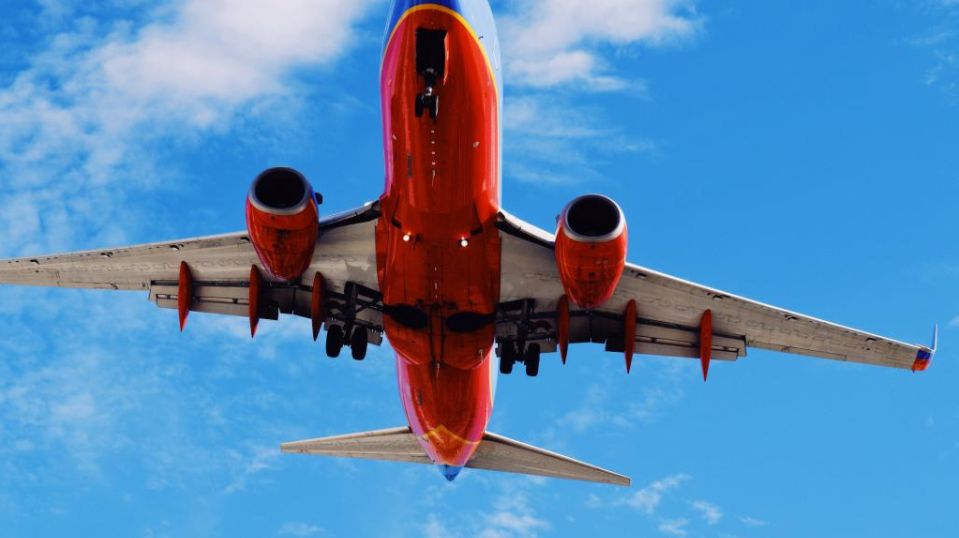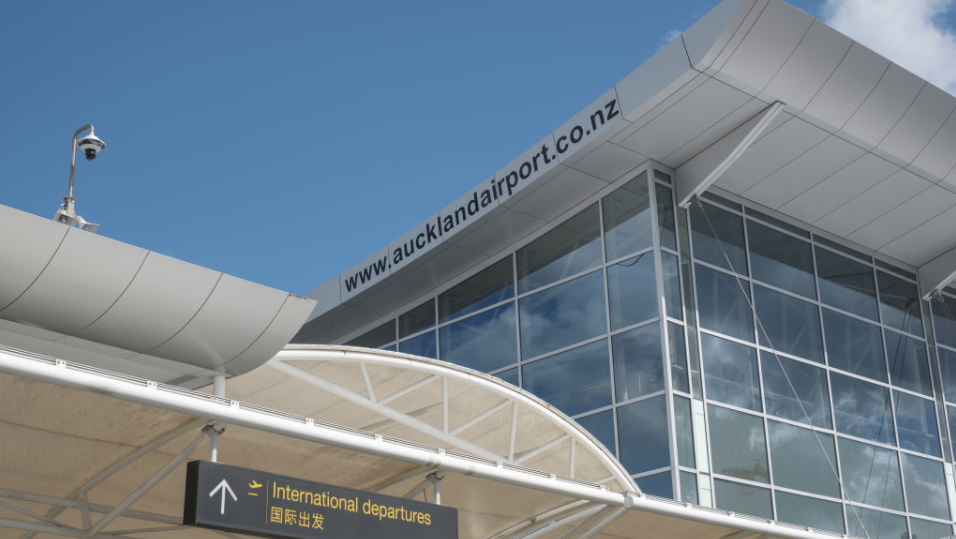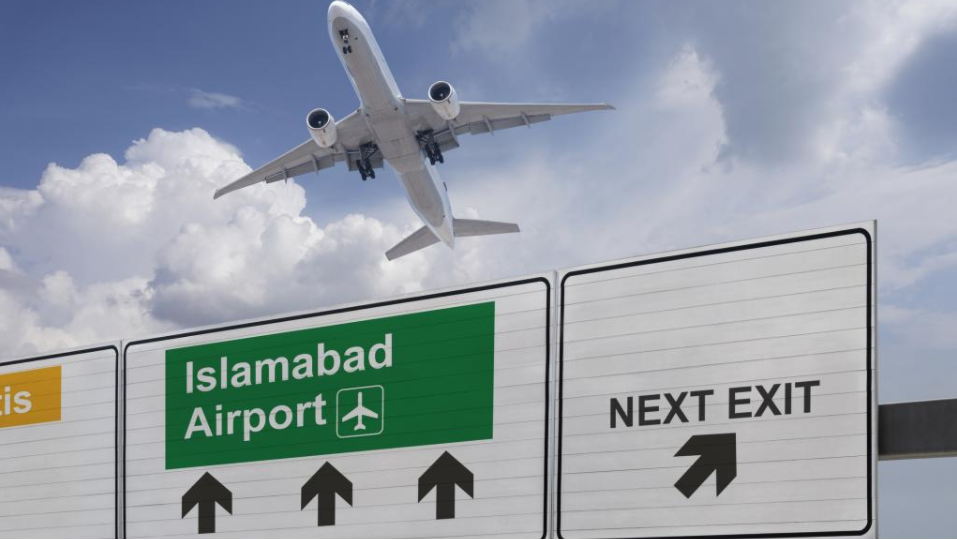Europe's aviation recovery is not keeping pace with economic activity
The IHS Markit Purchasing Managers' Index, a widely used indicator of economic activity, has recovered from record lows in Apr-2020. The UK index has even reached its highest level since Oct-2013. The Eurozone index is down versus Jul-2020, but is above pre-pandemic levels.
Historically, the PMI was a reliable lead indicator of air traffic growth. This held in the early period of the crisis as both collapsed. However, Europe's airline capacity recovery is not keeping up with the economic recovery signalled by higher PMIs (and traffic is not matching capacity).
Europe's airline seat numbers have been hovering around 45% of 2019 levels for four weeks now. The year-on-year cut of -55.2% in the week commencing 24-Aug-2020 is actually slightly deeper than the previous week's -55.0%. The difference is fractional, but it is the first downward movement in 12 weeks.
Europe's cut is still deeper than North America's -51.6% and Asia Pacific's -43.3%. Latin America has the deepest cut, -72.3%, followed by Africa's -67.9% and the Middle East's -67.3%.
For aviation recovery in Europe, as elsewhere, travel restrictions and biosecurity concerns outweigh economic drivers.
TO READ ON, VISIT: Europe's aviation recovery is not keeping pace with economic activity

COVID-19 forces major change across Asia-Pacific airline industry
Airlines in the Asia-Pacific region have two priorities at the moment - short term survival, and figuring out how they need to adjust to the post-COVID-19 industry landscape. The first is obviously the most pressing issue for now, but airlines also cannot lose sight of the longer-term picture.
With many aircraft parked and international traffic in the doldrums, airlines are scrambling to negotiate new financing and are looking to defer as many short term aircraft deliveries as possible. The traffic and demand growth assumptions that have formed the basis of airline plans have been rendered obsolete by the pandemic, forcing them to launch business reviews as they recognise the need to streamline their operations.
Across the Asia-Pacific region, some business models and markets are faring better than others. In many cases, governments are providing a vital lifeline. But despite encouraging signs in specific markets, the real disruption to the airline industry could play out over the next few years.
TO READ ON, VISIT: COVID-19 forces major change across Asia-Pacific airline industry

Southwest Airlines faces uncertainty, but opts out of US airline loans
Southwest Airlines is experiencing some slightly positive movement in bookings in Aug-2020 and Sep-2020, but the company continues to refine its capacity estimates as the recovery in demand remains jagged and shows no signs of stabilising in the immediate future.
The airline and other US operators are accepting the reality that demand will remain depressed until a vaccine for COVID-19 is widely available. And although daily case counts in the country appear to be decreasing, the US remains in the throes of the pandemic.
As a result, many US airlines are working to finalise loans with the US government; however, Southwest has opted not to participate in the programme, which ultimately could give it advantages over its peers that are accepting the terms of those loans.
TO READ ON, VISIT: Southwest Airlines faces uncertainty, but opts out of US airline loans

Auckland Airport financial report FY2019-2020: slow recovery
As airports and airport groups release their mid-year financial reports, Auckland Airport's for the full financial year 2019-20, ending in Jun-2020, is one of the first to span the heady days of pre-COVID-19 aviation, when the main concern was with the fast growing anti-air transport environmental movement, and the post-COVID-19 ones, which could not have been imagined at this time in 2019.
Auckland Airport's story is one of exceptional performance in the first half of the reporting period followed by a disastrous one; although - unlike some of its counterparts that have been releasing 1H2020 reports recently - the airport was able to report a positive EBIT and net profit (Auckland typically has one of the highest EBITDA margins).
Looking to the future, Auckland Airport is preparing for the turnaround when it comes, pointing to a range of positive influences both nationally and internationally. But at the same time it acknowledges that turnaround may be longer coming than some industry organisations have predicted.
TO READ ON, VISIT: Auckland Airport financial report FY2019-2020: slow recovery

Pakistan 'swiftly' to privatise airports. Transparency essential
The Indian subcontinent has not been a happy hunting ground for international operators of, and investors in, airports.
In India they were limited to minority investments in the main gateways, the goalposts were moved too often during the bidding procedure, and subsequent tranches have been difficult to negotiate because the government seems unsure of the value of privatising them. Some major companies have pulled out along the way or since they invested.
In Bangladesh security concerns scuppered an early attempt to privatise a major city airport, and in Sri Lanka the public sector development of a new national-level airport was dictated by political concerns.
Now, of all times, Pakistan reveals that it wants to find private-sector investors to improve the profitability of the few airports that are profitable. But the involvement of any private organisation, especially foreign ones, is fraught with challenges, and to help attract them, the government must be open from the start about its objectives.
TO READ ON, VISIT: Pakistan 'swiftly' to privatise airports. Transparency essential
